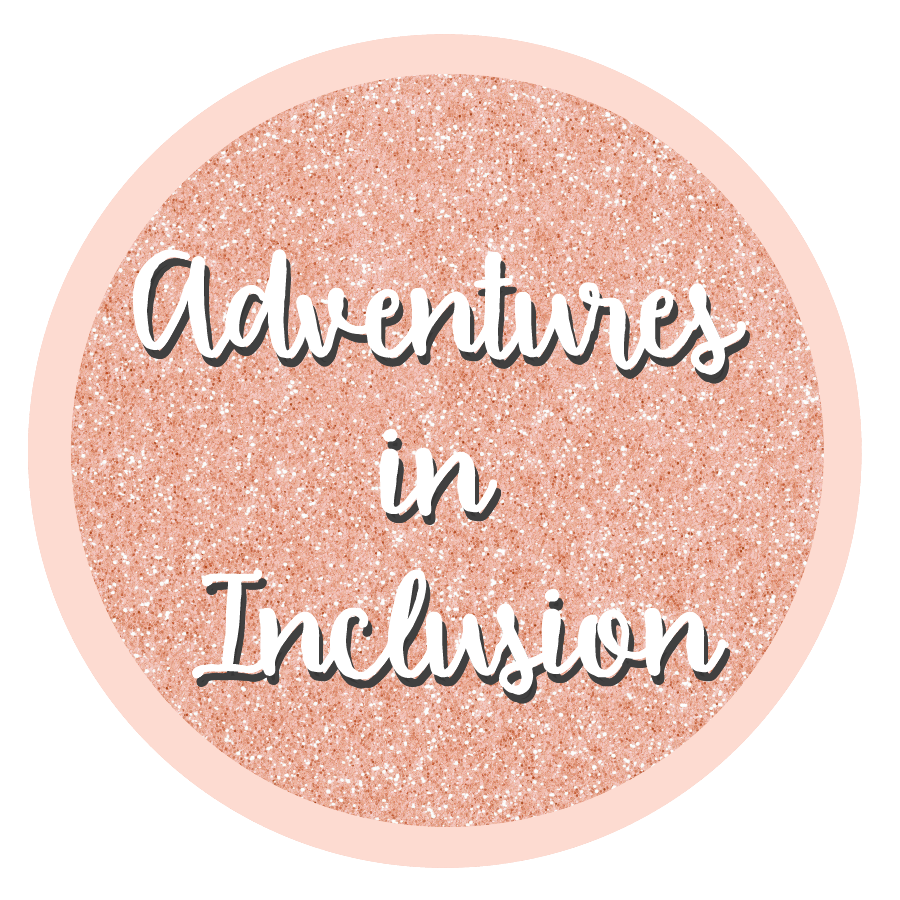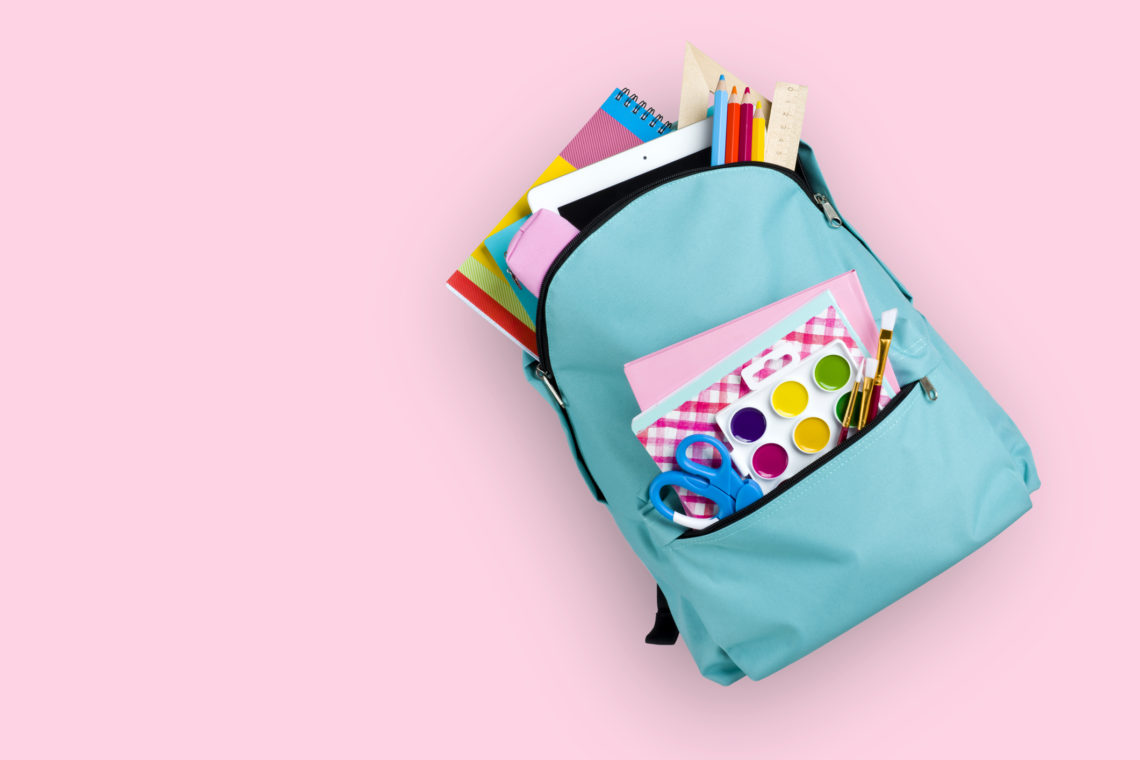-
Tips for Co-Teaching Online
I am currently prepping for next year, and like the rest of you, I have no idea if I’m prepping for face to face teaching, or online teaching… or both. Because of this I am really starting to stress about how I am going to do my job. It has been made clear to us that we are still expected to meet every accommodation and service delivery minute of our students’ IEPs. I get why they’re setting that expectation, but how do I deliver the amount of inclusion minutes when I am not together with the other teachers and a lot of the other teachers aren’t doing live classes? I…
-
Repair a Strained Co-Teaching Relationship
Co-Teaching has proven to be a great tool for reaching all students. It allows students with disabilities to be taught in the general education classroom giving them opportunities for social interactions with their typical peers. It also allows for students without disabilities who may be struggling to receive the support of having two teachers in the room. These are only two of the many benefits of the inclusion model. But, for the co-teaching model to work in your classroom, the teachers need to be able to work well together. Good co-teaching requires multiple teachers to be on the same page; for them to co-plan, co-assess, and co-teach. When two co-teachers…
-
Benefits of the Inclusion Model
A lot of school districts, for a variety of reasons, are beginning to adopt an inclusion model for special education. For more about inclusion, check out A Beginners Guide to Inclusion. Inclusion can present a variety of difficulties for the staff members involved. Having to constantly adjust curriculum to the wide varieties of needs and abilities in your classroom is a challenge. But, when done right, inclusion is definitely worth the work. Rigorous Curriculum When you include students with disabilities in the general education classroom, they are still being exposed to all of the grade level curriculum that their peers are. The students are exposed to positive peer role models who…
-
Ways to Differentiate Homework
Homework is a hot topic in my district right now. Parents complain because we give too much, or not enough, or its too hard. Homework can be difficult for students who struggle. They think that they understand what is going on when they are in class, but when they get home, they have no idea what they’re doing. Don’t Give Homework Just to Give Homework Make sure that all of the homework that you give is meaningful. Think to yourself, what is the educational purpose of this homework. And if you’re not happy with your answer, maybe that isn’t something you should be giving for homework. I am not arguing…
-
What’s in My Teacher Bag
I am a special education teacher and I teach eighth-grade inclusion. Which means I co-teach five classes with three different teachers. Because of this, I am very rarely in my classroom and have to travel with a lot of belongings. I thought I would share with you a glimpse into what I keep in my teacher bag and why I travel with it! My Planner I am obsessed with my Erin Condren teacher planner. I use it to keep my life organized. Since I am not the content area teacher, I don’t keep a curriculum plan in my planner because each teacher I co-teach with has it in theirs. What…
-
Tips for a New Inclusion Teacher
Teaching inclusion can be overwhelming for someone who is new to the job, or maybe you are just in a new co-teaching relationship. There are so many things to worry about, from the needs of your students, to your co-teaching relationship, to working with parents. Here are some tips for someone who is new to inclusion. Treat all of the students the same It is easy to go into the classroom and focus on only the students on your caseload. It is your job to help these students and ensure that they are receiving all of their necessary accommodations and modifications. But, you need to remember that for optimal co-teaching,…
-
How to Guide A Successful Paraprofessional
Paraprofessionals As special education teachers, it tends to be our responsibility to guide a paraprofessional. Even if it is not officially our job responsibility, our paras are working with our students, and we want to make sure that they know what they are supposed to be doing so we tend to take this on. Who are they? If you are unfamiliar, a paraprofessional is someone who works in your school, but usually is not a licensed teacher. In my experience, a lot of paras are working towards their license, or are newly licensed and are trying to get their foot in the door. I have also worked with some paras…
-
When Co-Teaching Gets Tough
Let’s face it, co-teaching can be hard! Seriously, co-teaching can be really difficult! You have to work very closely with another teacher that you don’t get to pick. Your principal decides one day that you will be working with another teacher. Who knows if your personalities will mesh well!? There is a lot of anxiety that comes with co-teaching, and fortunately, my three current co-teachers are all strong, amazing women who are patient with me, and we work well together. But this isn’t always the case! Sometimes you get assigned to work with a teacher, and co-teaching may be difficult. Be Patient Most of the time (hopefully all of the…
-
5 Keys to Great Co-Teaching
Communicate Like any relationship in life, communication is key to a successful co-teaching relationship. Before the year begins, sit down, and DTR as the kids say. Define the relationship! If you start the year with a discussion about who is going to be responsible for each responsibility, you avoid a lot of problems. Neither of you will feel as though the other is stepping on your toes because they’re doing something you thought was your job. And, neither of you will feel like the other isn’t picking up the slack when they’re not doing something you thought was their job. It will also make the classroom routine go more smoothly.…
-
Reference Sheets for Your Inclusion Students
The Problem Currently, I teach eighth-grade inclusion. This means that I co-teach three math classes and two ELA classes. I have learned why the students benefit from reference sheets. Remembering the steps necessary to do a problem is a struggle for most of my students. Or when we are assessing more than one type of problem, it is tough for the students to keep the different steps straight. Another problem I see is that my students spend so much time trying to remember the steps to solve the problem that they make mistakes with their computation. Reference Sheets Giving students with disabilities a reference sheet to help them take some…






































